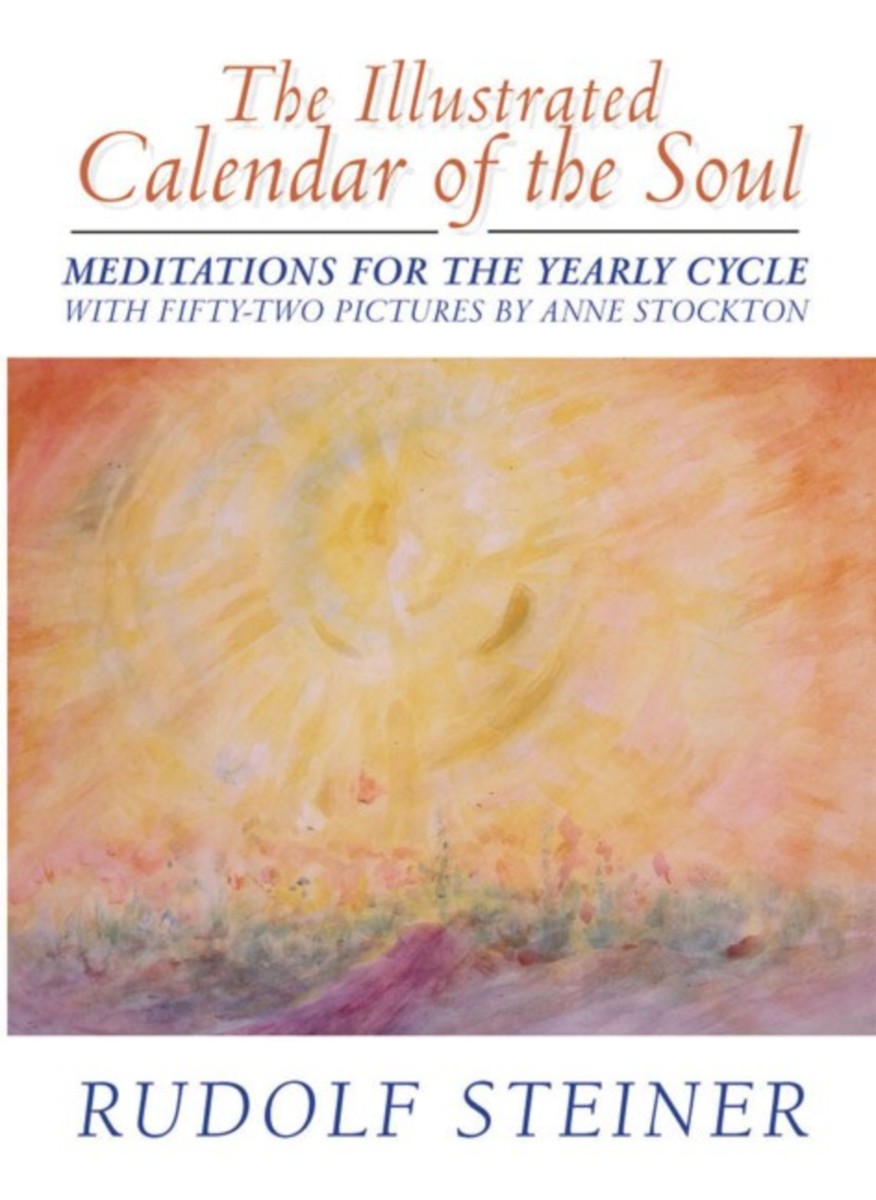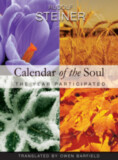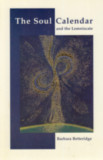The Illustrated Calendar of the Soul
Meditations for the Yearly Cycle (CW 40)
- Publisher
Temple Lodge Publishing - Published
1st November 2004 - ISBN 9781902636627
- Language English
- Pages 112 pp.
- Images 52
Rudolf Steiner's beautiful meditative verses for the yearly cycle have been used by countless people over the years. The purpose of this beautiful little book—one you'll treasure for many years—is to awaken one's feelings of nature's cycles and, at the same time, stimulate self-discovery. By listening to the changing language of the year and awakening a profound sympathy for it, we can in turn discover our own individual nature. Steiner’s original and unique meditations facilitate this process, leading to a healthy feeling of being at one with the natural world.
This edition features Anne Stockton’s fifty-two celebrated and evocative paintings, a wonderful complement to the text. John Thomson has translated Steiner’s words especially for this edition.
The Calendar of the Soul is a translation of “Anthroposophischer Seelenkalender,” included in Wahrspruchworte (GA 40).
Rudolf Steiner
Rudolf Steiner (b. Rudolf Joseph Lorenz Steiner, 1861–1925) was born in the small village of Kraljevec, Austro-Hungarian Empire (now in Croatia), where he grew up. As a young man, he lived in Weimar and Berlin, where he became a well-published scientific, literary, and philosophical scholar, known especially for his work with Goethe’s scientific writings. Steiner termed his spiritual philosophy anthroposophy, meaning “wisdom of the human being.” As an exceptionally developed seer, he based his work on direct knowledge and perception of spiritual dimensions. He initiated a modern, universal “spiritual science” that is accessible to anyone willing to exercise clear and unbiased thinking. From his spiritual investigations, Steiner provided suggestions for the renewal of numerous activities, including education (general and for special needs), agriculture, medicine, economics, architecture, science, philosophy, Christianity, and the arts. There are currently thousands of schools, clinics, farms, and initiatives in other fields that involve practical work based on the principles Steiner developed. His many published works feature his research into the spiritual nature of human beings, the evolution of the world and humanity, and methods for personal development. He wrote some thirty books and delivered more than six thousand lectures throughout much of Europe. In 1924, Steiner founded the General Anthroposophical Society, which today has branches around the world.






